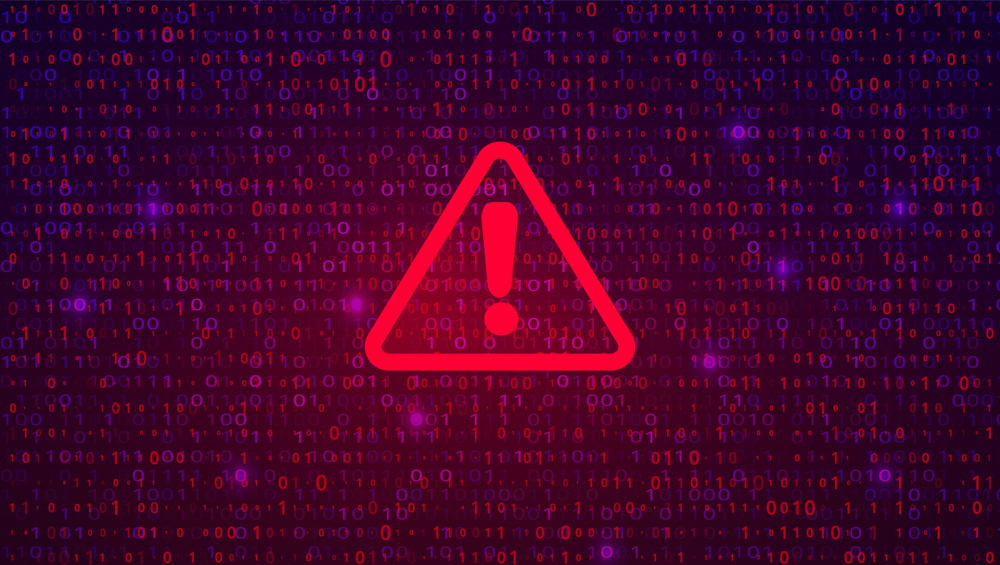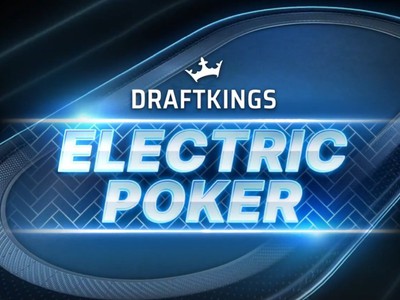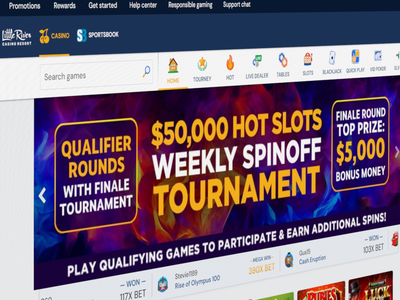The American Gaming Association (AGA) urged the Department of Justice (DOJ) to adopt a more aggressive posture on illegal gambling by cracking down on the largest illegal offshore online casinos and sportsbooks.
While illegal sites have long been a target of the AGA and the trade group’s member operators, the issue has taken on renewed importance due to several troubling trends — chief among them that, despite the growing availability of legal online gambling in the US, interest in illegal gambling sites is growing at a faster pace.
The AGA also warned that the illegal sites “enjoy many competitive advantages” over regulated operators in the US and that their continued availability is sowing public confusion and represents a threat to both the legal industry and to communities at large.
Internet Searches for Illegal Sites Outpacing Searches for Legal Ones
In a three-page letter to Attorney General Merrick Garland, AGA President & CEO William Miller Jr. called the DOJ “the only law enforcement entity that can credibly address these illegal offshore sportsbooks and casinos.” Miller added that while the problem is not new, the “pervasiveness” of illegal sites makes a crackdown more imperative than ever.
“While prosecutions and convictions may be difficult to secure, the AGA firmly believes that the DOJ can make a strong and meaningful statement by investigating and indicting the largest offshore operations that openly violate federal and state laws,” Miller said in the letter, which was dated April 13. “This action would provide much-needed clarity that these websites are criminal enterprises, which can help to deter the American public from visiting these sites and prompt businesses to take appropriate action to ensure they are not supporting them.”
In addition to violating the law, the games offered by these sites do not meet testing or regulatory standards to ensure fair play and payouts, age-verification, or security of personal and financial data.
AGA identified three illegal sites by name: BetOnline, Bovada, and MyBookie. Customers in the US access BetOnline through its global license in Panama, while Bovada and My Bookie are both based and licensed in Costa Rica.
Despite the availability of legal online sports betting in 33 states and the District of Columbia, the AGA said nationwide internet searches for offshore sportsbooks grew 38% in 2021, faster than the rate of growth for searches of legal US operators. Offshore brands represented a majority of all sportsbook searches, the AGA found. Bovada alone accounted for half of all internet searches, according to the trade group.
Miller said the illegal sites also have an advantage in that they can “offer better odds and promotions and ignore any commitment to responsible gaming because they do not pay state and federal taxes or have comparable regulatory compliance costs and obligations.”
AGA also pointed to a survey it commissioned in late 2019 and early 2020 that showed the continuing availability of illegal sites was confusing customers, most (63%) of whom said they were surprised to learn that they were placing bets through illegal online sportsbooks.
The survey found that 74% of respondents said it was important for sports bets to only be placed with legal online sportsbooks. But 52% of respondents also said they are continuing to use illegal books.
Adding to the confusion, the AGA said illegal sites are also targeting US customers through paid advertising, creating “numerous societal costs.”
“In addition to violating the law, the games offered by these sites do not meet testing or regulatory standards to ensure fair play and payouts, age-verification, or security of personal and financial data,” Miller said. “Jurisdictions with authorized gaming implement rigorous responsible gaming protections and widely offer self-exclusion lists to assist users who may have difficulty controlling their play — but, clearly, the illicit platforms do not implement such lists and, as a result, the most vulnerable users are likely to end up using these options.
“Illicit gambling operations have also been known to at times simply disappear, walking away with their customers’ funds in the process. Our current state-based licensing and regulatory regime ensures this cannot happen in the legal market.
State Regulators, World Lottery Association Also Issue Warnings Against Dangerous Offshore Gambling Sites
The AGA is just the latest entity to warn of the dangers of playing at offshore online casinos and placing wagers on offshore sports betting sites.
Last December, the Michigan Gaming Control Board (MGCB) issued a warning against playing at offshore sites. Identity and deposit theft were cited as the top two reasons not to use such sites.
In Connecticut, the Department of Consumer Protection (CDCP) issued a similar warning in mid-March, before the start of the NCAA tournament.
The World Lottery Association (WLA) also weighed in, posting a 20-page outline for marketing best practices in sports betting. In a section devoted to how the industry can fight against competition from illegal sites, the WLA urged:
- State lawmakers to require that internet service providers blacklist all illegal operators
- Tech giants (specifically, Amazon, Apple, Facebook, Google, and Microsoft) enforce local laws on illegal betting operators
- Sanctions on websites that partner with illegal betting platforms.
It appears that the AGA also wanted to alert Congress to the problems that illegal online casinos and sports betting sites pose. Copies of its letter were sent to members of the Congressional Gaming Caucus, as well as members of the House and Senate Judiciary committees, and members of the House and Senate Subcommittees on Commerce, Justice, and State Appropriations.
It can be tricky to tell if a site is legitimate and safe to gamble on or not. To help you spot the red flags on dangerous offshore sites, check out Guide to Picking a Safe and Legal Casino and How to Choose a Safe Online Sports Betting Site.









